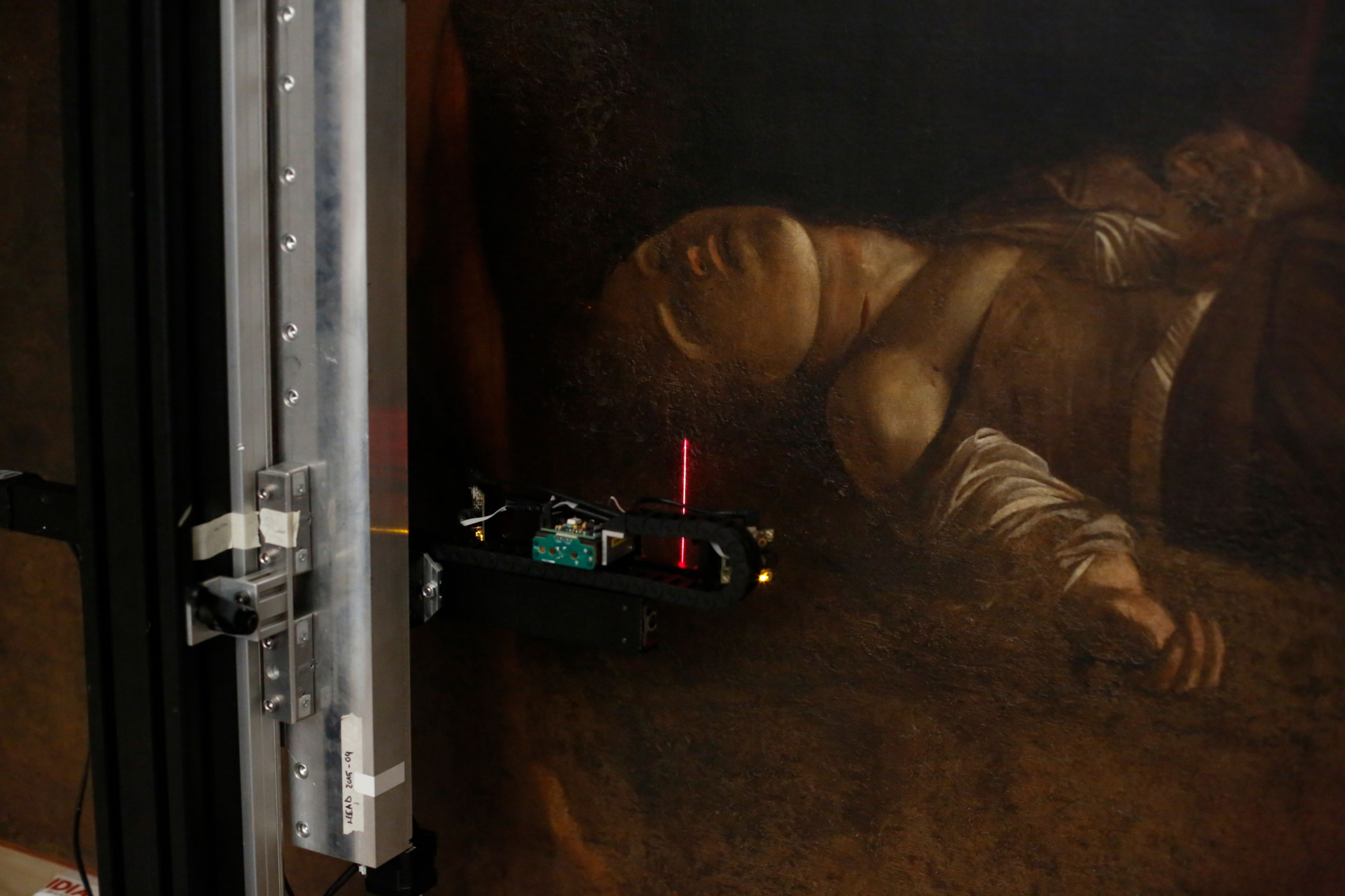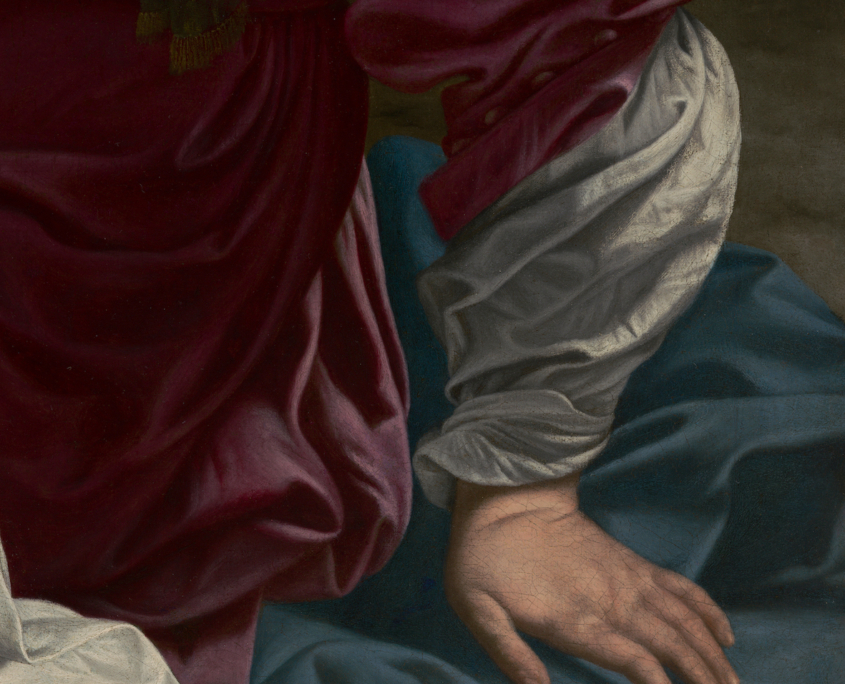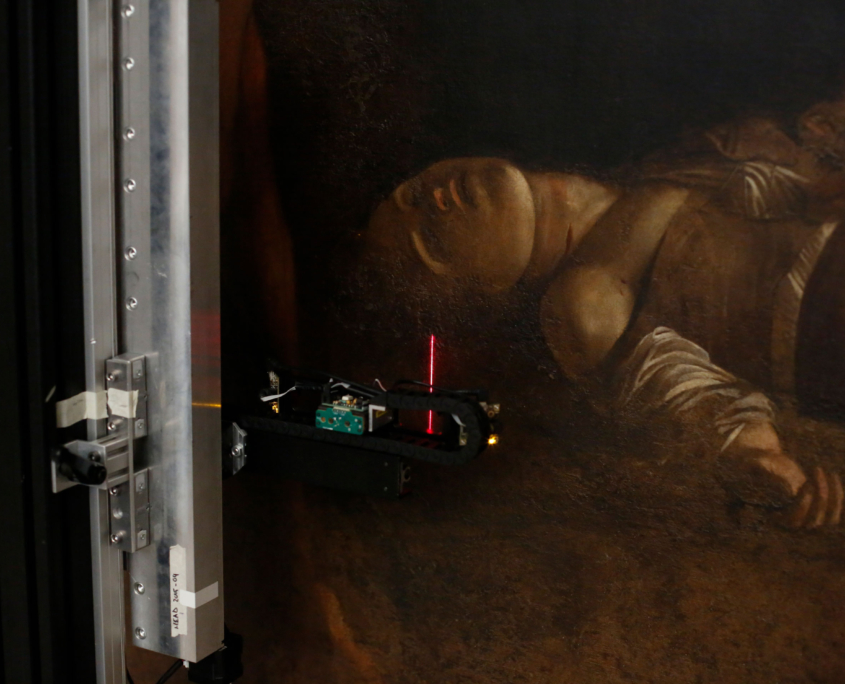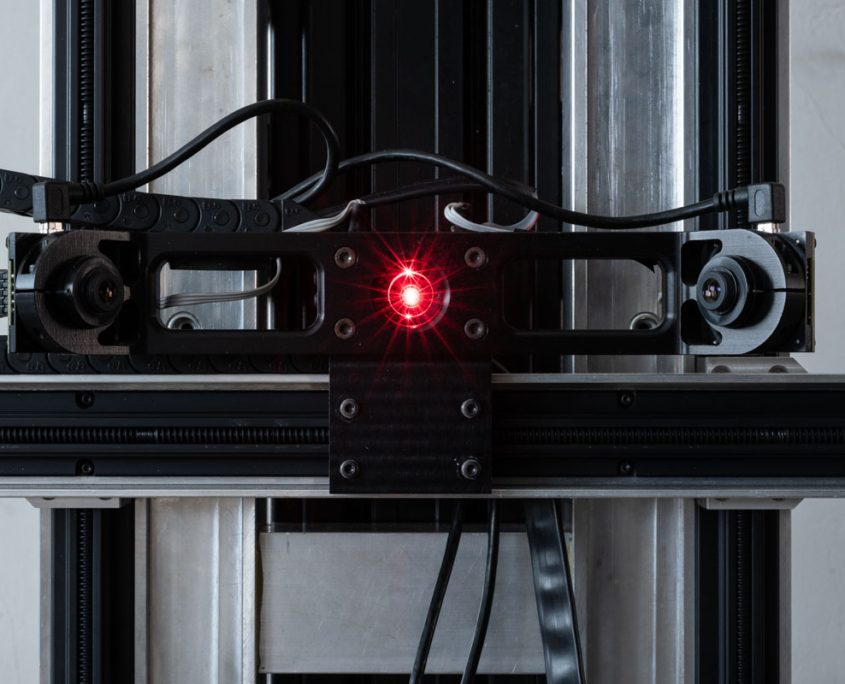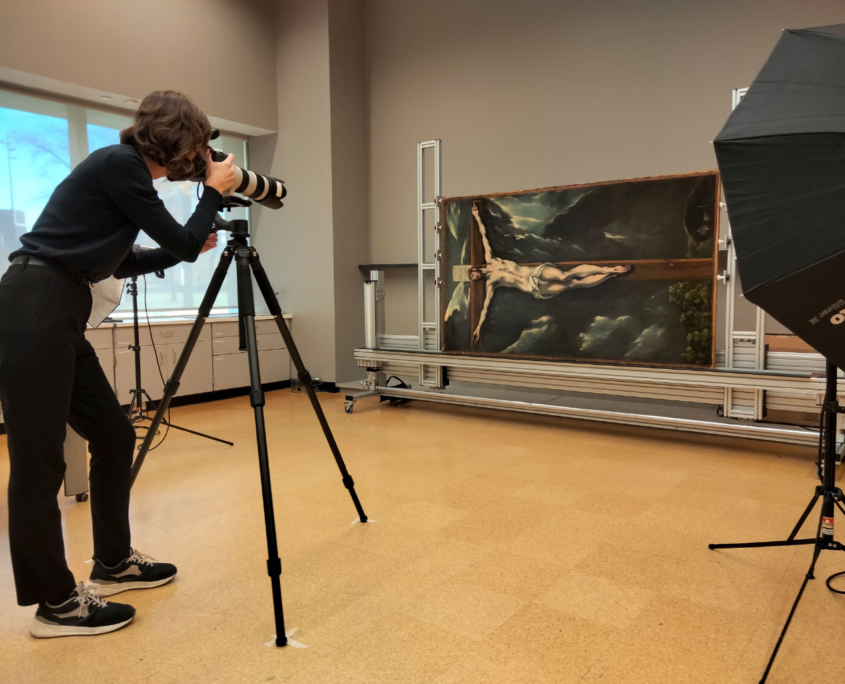The Colnaghi & Factum passport has been conceived as a single digital document that brings diverse types of information together in the same place, at the same scale.Using Factum Foundation’s Lucida 3D Scanner, in conjunction with composite colour recording and photometric-stereo, the passport will enable diverse users to analyse specialist data on almost any computer, via free software. This process demystifies technology and assists in detailed and objectively accurate condition monitoring, long-term preservation, recording loans and analysing the changes that occur when works of art are moved, facilitating a new approach to access.
Recording diverse objects is now possible and includes:
- A convex panel painting by Parmagianino
- Painted relief tombs in the Valley of the Kings
- Marble sculptures on the façade of the Church of San Petronio in Bologna
- Grinling Gibbons transformation of Tintoretto’s Crucifixion
- Recording of archaeological sites
- Details of the exquisite ivory box of Princess Walada in Madinat al-Zahra.
The possibilities are endless and every surface reveals information about the object, its manufacture and trajectory. Colnaghi & Factum seeks to bring a new dimension to scholarship and connoisseurship, uniting collectors, dealers and specialists in the field of preservation, conservation and new technology.
Through the Colnaghi & Factum digital passport, falsifications, alterations and restorations are revealed alongside the autograph traces left by both master and studio. In the event of damage or theft, the digital record plays a vital role. Its primary intention is focused on verification. The process reveals the importance of works of art as a portal into other people’s worlds.
The focus in London is to record the evidence contained in the surface of paintings, using 100% non-contact procedures which reveal previously undocumented information.
In recent years – particularly since the pandemic – museums have come to realise the importance of documenting the surface of paintings and other works of art. The Colnaghi & Factum partnership addresses these emerging needs.
Colnaghi has been valued by collectors and museums since its founding in 1760, whilst Factum has been at the forefront of the high-resolution recording of the surface of paintings for over 20 years.

